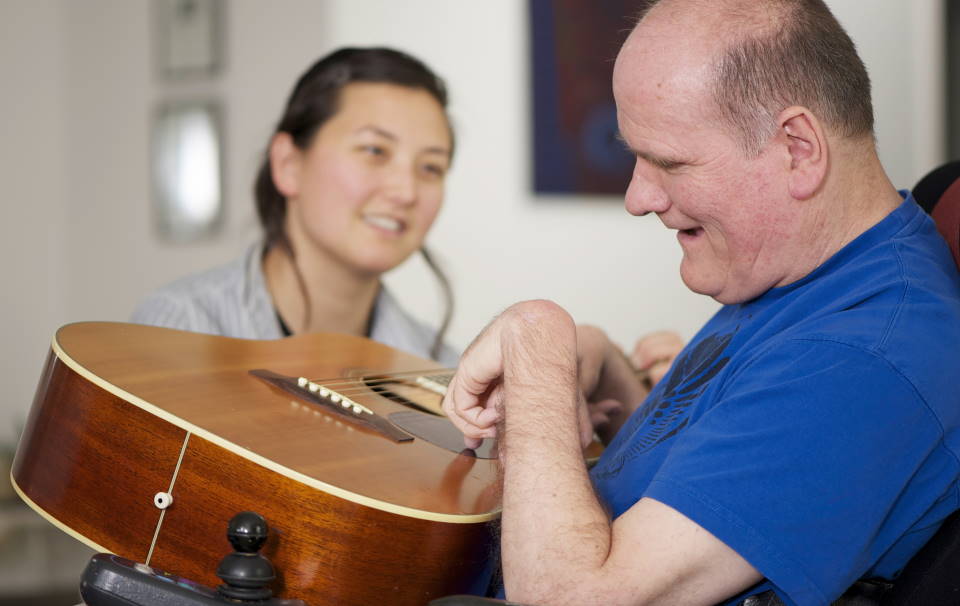
The third special session of the 87th Texas Legislature is addressing how to allocate $16 billion in funds the state has received through the federal American Rescue Plan Act (ARPA). On Monday, October 4, the Texas Senate Finance Committee heard testimony on Senate Bill 8 (SB 8), which is its version of where funding should go. The bill was left pending in committee.
On Wednesday, October 6, the Texas House Appropriations Committee will hear House Bill 145 (HB 145), this chamber’s version of where the ARPA funds should be allocated.
Missing from both SB 8 and HB 145 are funds to address decades of severely inadequate funding for Medicaid community attendants and direct care workers. Community attendants and direct care workers support Texans with disabilities of all ages so they can live with family, in their own home, or other community settings such as small group homes—all options allowing people to live and thrive in their community and age in place. According to testimony in the Texas Senate Finance Committee on October 4 provided by the CEO of a large long-term services and supports provider for Texans with intellectual and developmental disabilities, prior to the pandemic there was a 10% job vacancy rate for this workforce versus 30% vacancy rates today.
What We Need
Long underpaid, this essential workforce’s base rates start as low as $8.11 an hour—far less than starting wages for a variety of jobs throughout Texas. Now is the time to ask the Texas Legislature to address decades of severely inadequate funding for Medicaid community attendants and direct care workers. Texas legislators need to hear from constituents with disabilities and their families about the current emergency that is increasing their risk of institutionalization and hospitalization. Here’s how to share your feedback:
- •Give in-person testimony on HB 145 at the Texas Capitol on October 6. Get more information about how to register as a witness for a hearing.
- •Submit your public comment on HB 145 online.Texas residents can electronically submit comments without testifying in person until the hearing is adjourned.
What to Share
If you are providing public comment electronically or testifying in person, try to tell a personal story about how you are affected by the current workforce crisis, especially if you have had a hard time hiring someone to support your needs.
Next, ask for an amendment to HB 145 to allocate ARPA premium pay funds to the Texas Health & Human Services Commission for home and community-based programs, which should include raising critical wages for community attendants and direct care workers.
You can also use this as a chance to tell legislators that you want to see long-term efforts to stabilize community-based services versus easy entry into institutions and hospitals.
